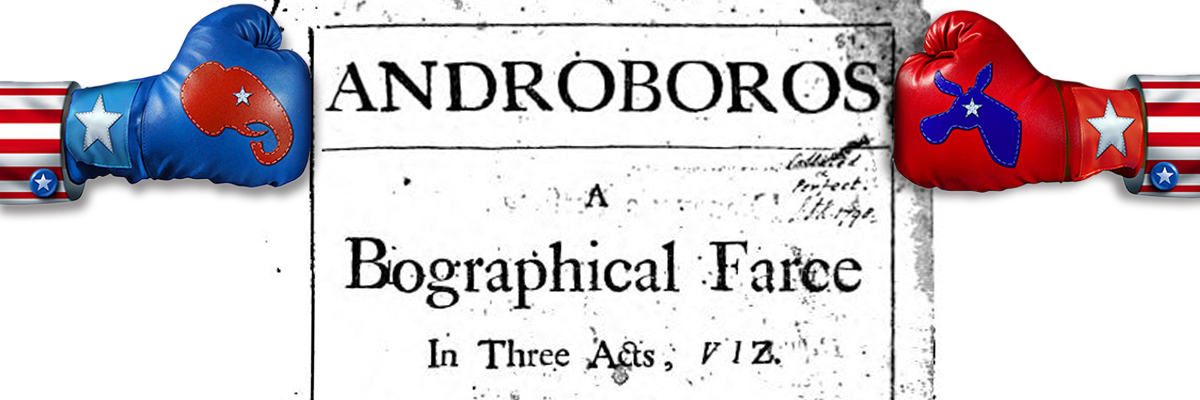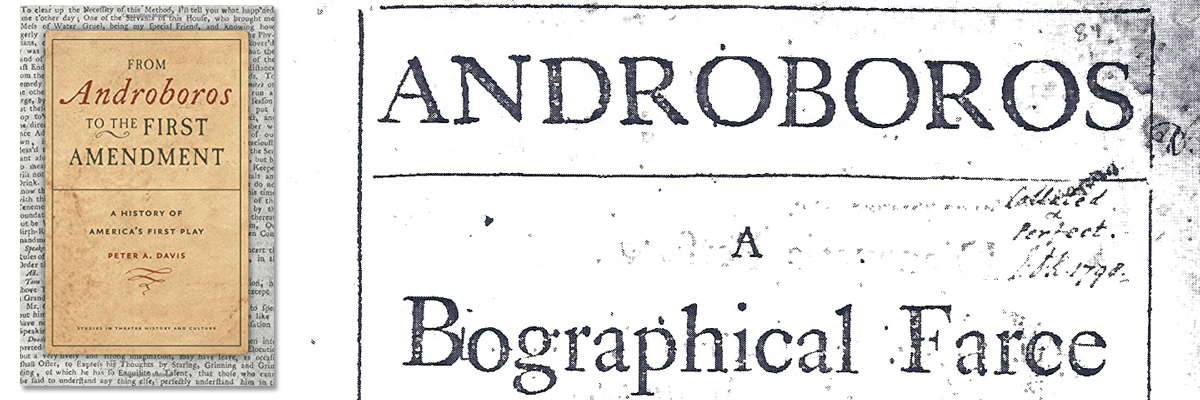
Androboros is actually a lot more than just America's first play: it exposes many incredible comparisons to the current political scene with a surprising and edgy humor that couldn't be more right for our non-stop election madness. 300 years later, its parallels to today's trendy rebellion against an ambiguous "establishment" government are both undeniable and comical.
The New York colony had already endured a slew of horrible leaders by the time Robert Hunter arrived in 1710. And like today's President, this honest, humble Governor was stymied at every turn by a contentious Assembly. He bore the barbs in silence, but later wrote this clever, mocking farce to relieve his frustration and hit back at his political enemies.
Androboros is a biting critique of early political angst when colonials had little faith in their provisional government. Hunter crafted a well-structured, plot-driven spin on a true story of intrigue and crime, filled with witty wordplay, physical comedy, and scatological humor that are just as stinging today. The characters were real-life people given sarcastic names, embarrassing dialogue, and clownish actions to satirize America's first political gridlock.
This one-hour adaptation has updated many antiquated words, and contemporary visual and character parallels have been added to reactivate the comedy, but the rest is all Hunter's. Originally written only for publishing, this slapstick-infused adaptation will give Androboros a bold, new life on stage. These colonial clowns capture the craziness of governance, proving that little has changed in the games of politics, and making Hunter's words fit our current times all too well.
For as much as this classic play is based on actual, real-life events, the action is play out in metaphorical terms. From the impeachment of truth to the blindness of justice, Androboros leads to a political trapdoor, but it's obstructionism and filibuster that fall through the floor of justice. Historically, it's a pre-affirmation of the Declaration of Independence and its "consent of the governed," which is as much in question today as it was when America's first play was written. Because we continue to struggle with how, and how much, to give consent in a democracy, this play puts current events in a much-needed humorous perspective.
